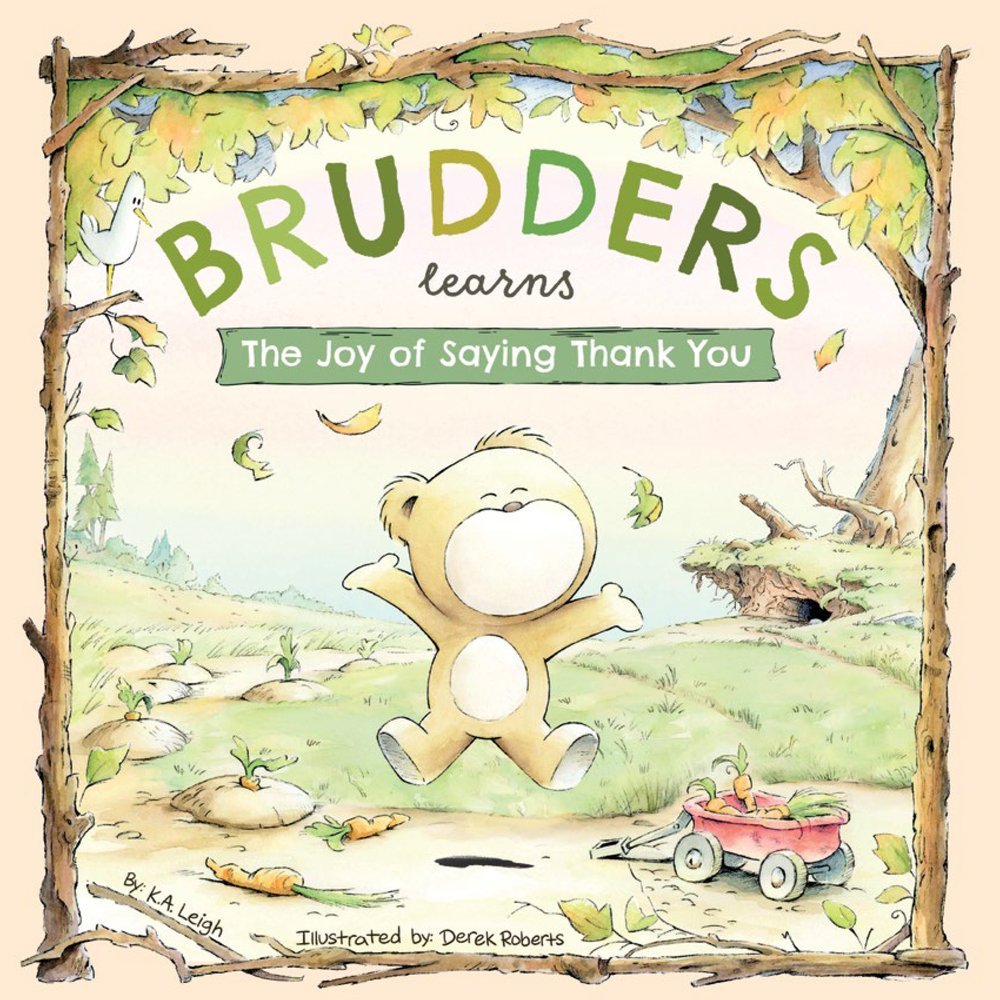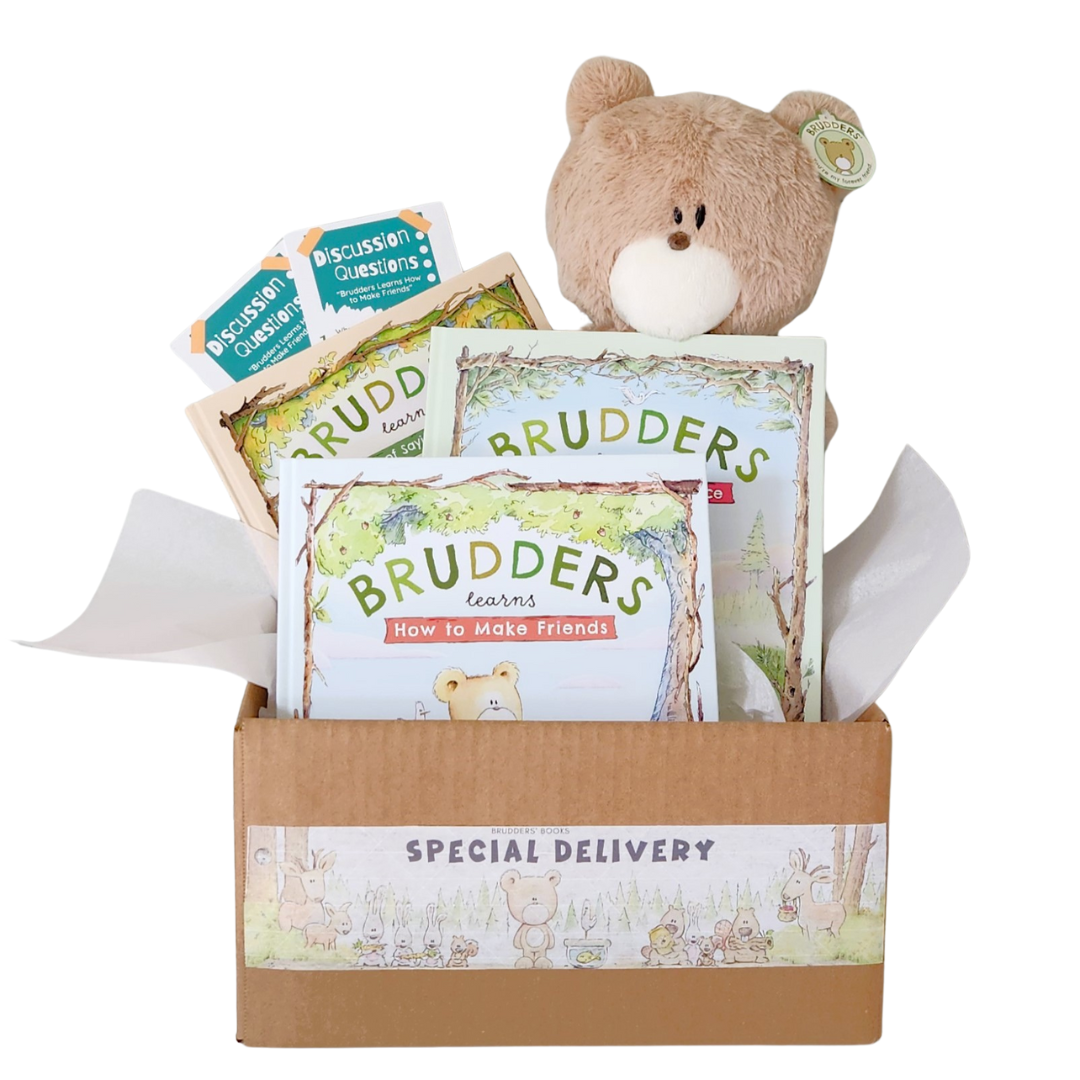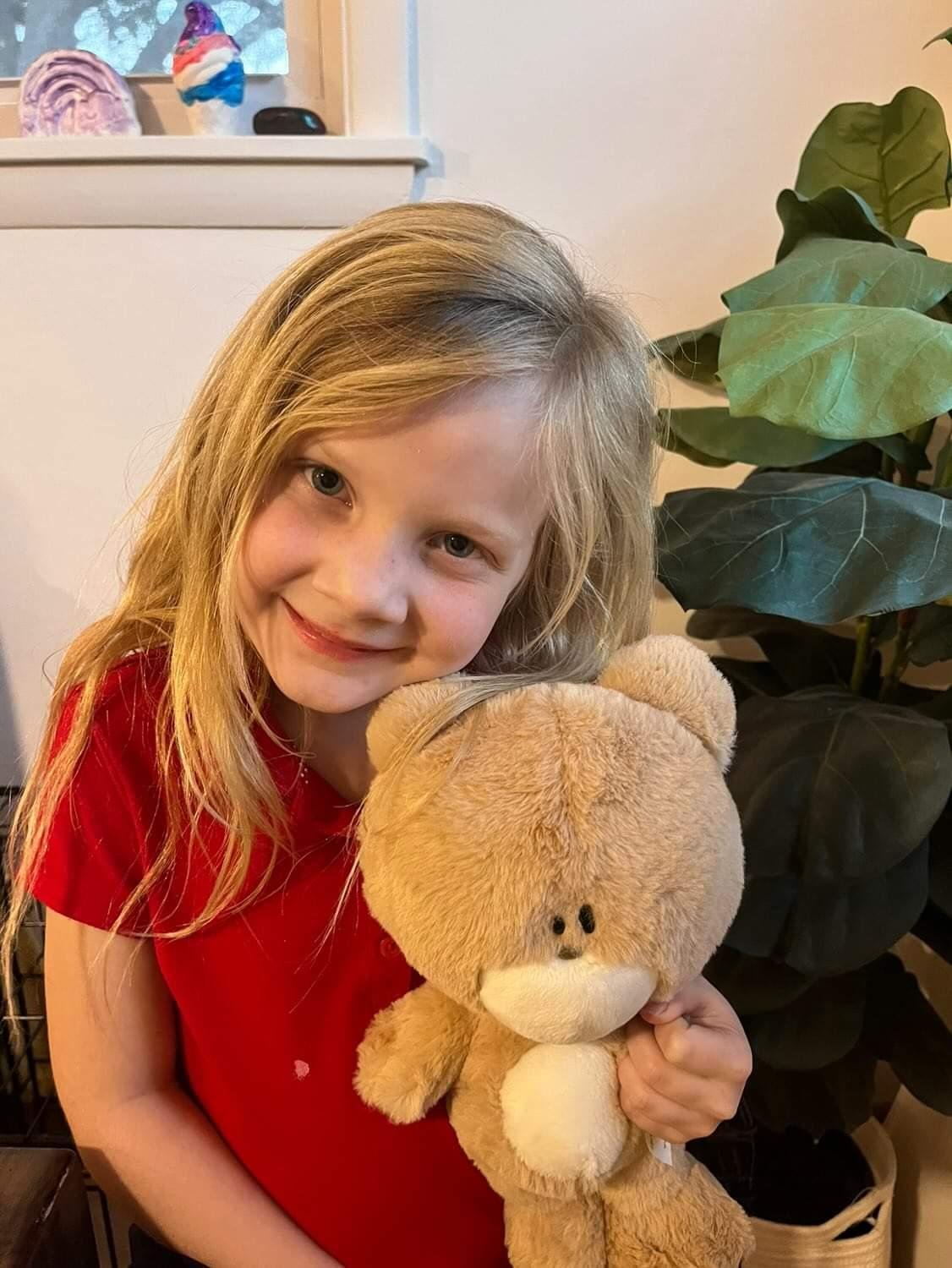Raising Grateful Children
Having gratitude and showing gratitude is one of the most underused approaches to finding happiness and contentment in our culture today.
As a society, we have more depression, anxiety, impatience, anger, and overall lack of fulfillment than in any other time in history.
So, how can something as simple as practicing gratitude make a difference?
According to research, it has been shown that practicing gratitude can reduce stress, depression, and anxiety and improve sleep quality, self-esteem, and overall happiness.
So the real question for us parents is: How do we teach our young children to develop gratitude in a way that is appropriate and natural to them?
Fortunately, we can focus on small acts and model gratitude in little ways. We can use ourselves as the example for contentment, even when things are tough or don’t quite go our way.
Here are 10 ways we parents we can do this:
Model Thankfulness:
Demonstrate gratitude to others in front of your children. Thank others openly, whether for a meal, a favor, or just for being there. Encourage your children to do the same.
Share Thankful Moments:
Share what you’re thankful for in family conversations. This sets an example for children to follow.
Make it a Habit:
Incorporate a daily or weekly routine where everyone shares something they’re thankful for. This could be during meals or bedtime.
In this book, Brudders the Bear learns the joy he can bring to others and himself by showing gratitude and saying the words, ‘Thank You.’
4. Exhibit Patience
Don’t come for me on this one (lol!)… but as a mom to two kids under six, I know being patient some days is a tall order.
I also know that children pick up on literally everything we do, so when we, as adults, exhibit patience during a trying time, it gives children a great example to work from.
But, let’s also be realistic …it’s important to note that we are human, and we cannot expect ourselves to always have patience. It is equally important to talk with our kiddos after a moment when we didn’t show up as our best selves.
Taking ownership, apologizing, or sharing opportunities to do better shows our children that we are all human, we will never be perfect, and we all have our moments.
5. Encourage Awareness & Discuss Feelings
Talk about how others might feel in different situations where sharing may or may not have been present. Ask questions like, “How do you think that made them feel?” Make sure to highlight all the good times and how happy sharing and generosity can make all of us feel.
Using books to spotlight empathy and awareness is essential in childhood. Storytelling is a core experience as humans. Kids learn best from seeing how characters interact with each other, how they resolve conflict and how they become better versions of themselves.
Our Brudders Books series is filled with opportunities for children to learn about empathy, gratitude, confidence, and countless other social-emotional skills. Each book helps to equip children with character development skills that will last a lifetime.
6. Involve Children In Acts of Kindness
Designate days where they help their neighbors or donate toys. This allows them to feel and appreciate the joy of giving.
In Brudders Learns The Joy of Saying Thank You, Brudders has a great day munching on shared carrots with his bunny friends and learns a valuable lesson about sharing and showing appreciation and kindness towards others!
7. Practice Mindfulness
Teach children to take a moment to appreciate their surroundings, such as nature, food, or friendships. Encourage them to notice the little things. Engage in mindful moments together.
Kids absolutely love doing yoga with grown-ups, and it’s a great way to model being mindful, taking moments to ourselves, and having fun moving our bodies together.
Download our stretching routine where your kids can make it a daily habit to stretch with Brudders!
8. Focus Less on ‘Things’
Focus more on Experiences: Prioritize experiences over material gifts. Family outings, nature walks, or game nights can create lasting memories.
Come together as a family and purge excess toys, clothes, games, books, etc. and celebrate the joy it brings us to give to others who have more of a need.
Review Wants vs. Needs: Teach children the difference between what they want and what they need. This helps cultivate a sense of contentment.
When we think about the things we need, circling back to what helps us feel content, encourages a lens of gratitude. We need quality time, family, friends, love, fun, appreciation, kindness, etc.
9. Encourage Reflection
Gratitude Journals: Model using a simple gratitude journal to write down moments of gratitude. Encourage kids to also keep their own journal where they can draw or write about things they appreciate.
Storytime: Read books that highlight themes of gratitude and appreciation, discussing the lessons afterward.
The Brudders® Series focuses on important social-emotional skills such as friendship, confidence, and gratitude.
Find Brudders® the Bear in:
1. Brudders Learns How to Make Friends
Join Brudders in his debut story as he wakes up from his first hibernation season and learns what it takes to make friends for the very first time.
2. Brudders Learns The Joy of Saying Thank You
In the sequel to Brudders Learns How to Make Friends, Brudders embarks on a new adventure in the forest after a sudden sound awakens him! Hop into the carrot fields with Brudders where he meets the Bunny Sisters and experiences firsthand the joy he can bring to others through sharing and showing gratitude.
3. Brudders Learns the Power of Confidence
It's the Annual Forest Games and Brudders the bear finds himself facing an unexpected challenge. Feeling stuck and filled with worry, Brudders discovers a unique way to turn his self-doubt into confidence.
10. Lastly, Acknowledge Efforts and Kindness
Praise Thoughtfulness: When children show appreciation or kindness, acknowledge and praise their efforts. This reinforces positive behavior.
Create Thank-You Notes: Encourage them to write or draw thank-you notes for gifts or acts of kindness received. We love the Kindness Rocks Project too!
Hugging her trusty friend,Brudders the Bear
The Brudders’ series is a great way to promote self-awareness and social emotional development from a young age. We have a beautiful Thankful For You coloring sheet that children can color and share with each other. We also offer Thank You greeting cards to share kindness and love with others.
Raising grateful kids is a slow and steady process, one that happens by incorporating these strategies into daily life.
But the best part? You can help children develop a genuine sense of gratitude in which these healthy habits will benefit them throughout the course of their entire lives.








